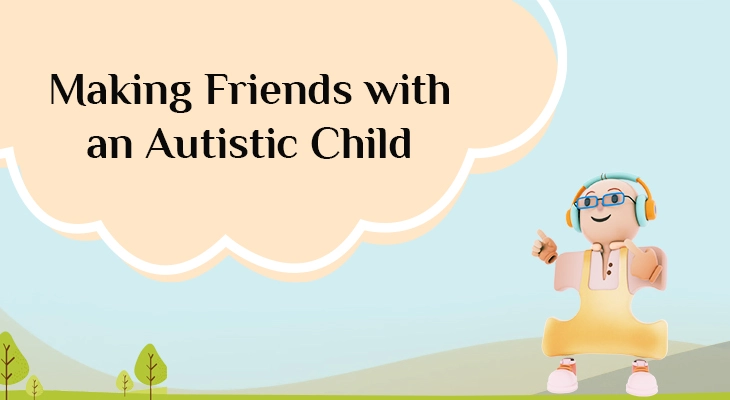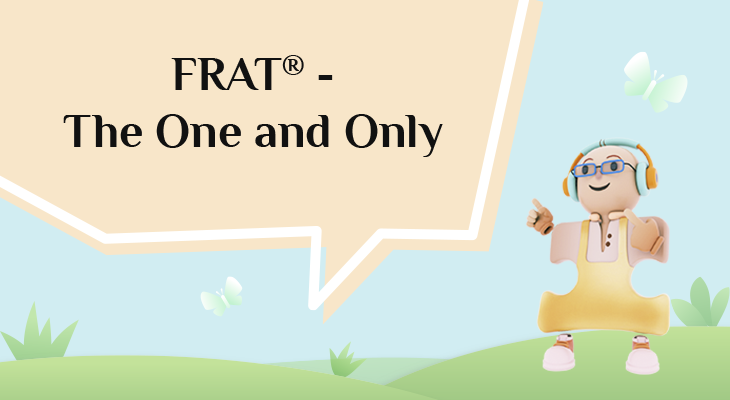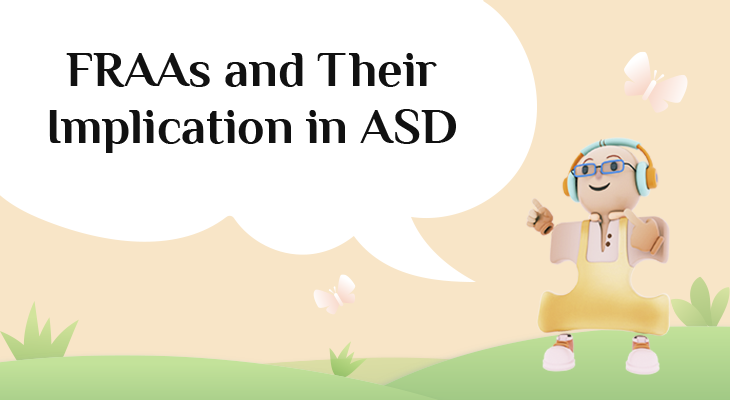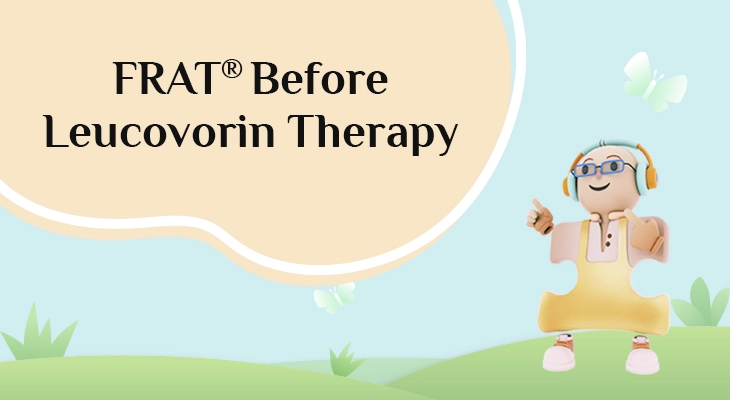
Considering that 1 in 36 children are diagnosed with Autism, it is highly likely that children of school age will come into contact with a child that has ASD. In fact, it is estimated that 95% of children with disabilities are enrolled in regular schools.
Whether they realize it or not, school children will most likely come into contact with a child diagnosed with autism spectrum disorder at some point.
With this in mind, it is important for parents to prepare themselves to help their children interact with children with autism, as these children often exhibit a range of differences that are likely to make them feel unsure and uneasy.
At times, there will be obvious differences, and at other times, there will not. When non-autistic children make friends with someone who has autism, it can help them learn that we all have different ways of living. In order to foster meaningful relationships, parents can help their children navigate those differences.
Parents can start by explaining autism to their kids, offering some basic information about the condition and what may be expected in dealing with someone on the spectrum.
- Autism is a condition that affects how the brain works, often causing differences in the ways a person communicates or interacts with others.
- Autism affects people in different ways, and it is a spectrum of conditions. In essence, it is not the same for everyone, and no two people with autism behave the same way.
- Autism is not a disease or illness. It is merely a condition that people are born with.
- A person with autism may have difficulty understanding facial expressions, jokes, and emotions of others.
A person with autism may find it difficult to form or maintain friendships, but kids with autism love making friends. And friendships are needed for us as human beings! Children with Autism, however, may go pursuing friendships in a different way.
Several steps can be taken by parents to educate their child and prepare them for potential friendships with children with autism. Some food for thought:
- Assert that everyone is unique, with their own strengths, weaknesses, behaviors, and habits.
- Equalize differences; everyone is normal in their own unique way.
- Educate students about all forms of communication. People communicate in a variety of ways, not just through words alone. Oftentimes gestures, eye contact, facial expressions and physical actions are used to demonstrate feelings. Sometimes people with autism struggle with these forms of communication and adapt with others.
- Enforce the concept of friendliness. Suggest that approaching children with autism is the same as with any other child; by talking with them or inviting them to play. However, point out that not all will respond, but that is ok. Being friendly will help them feel welcome.
- Point out that people with autism communicate differently, and in ways that might cause hurt feelings. This is not intentional. They might walk away, say something rude, act extremely shy or look away; every child can react differently and that is ok. Remind your child not to take their actions personally, as they may not understand the meaning behind them.
- Identify commonalities. Despite seeing only differences at first, if a child looks closer, he or she may find something in common with their classmate.
- Mention that it may be easier for some children with autism to play near others rather than directly with them. They might not want to engage in activities that require back-and-forth interactions.
Ultimately, the best thing a child can do is be kind and try to understand their friend.
Oftentimes, children with Autism are excluded from birthday parties, playdates, sleepovers and other get togethers. We must think about that and try our best to include others that are different than us. With a little bit more planning and recognizing special needs, simple accommodations can be made to include children with Autism. It is well worth the effort!
A friend is one of the nicest things you can have, and one of the best things you can be.” – Winnie the Pooh



